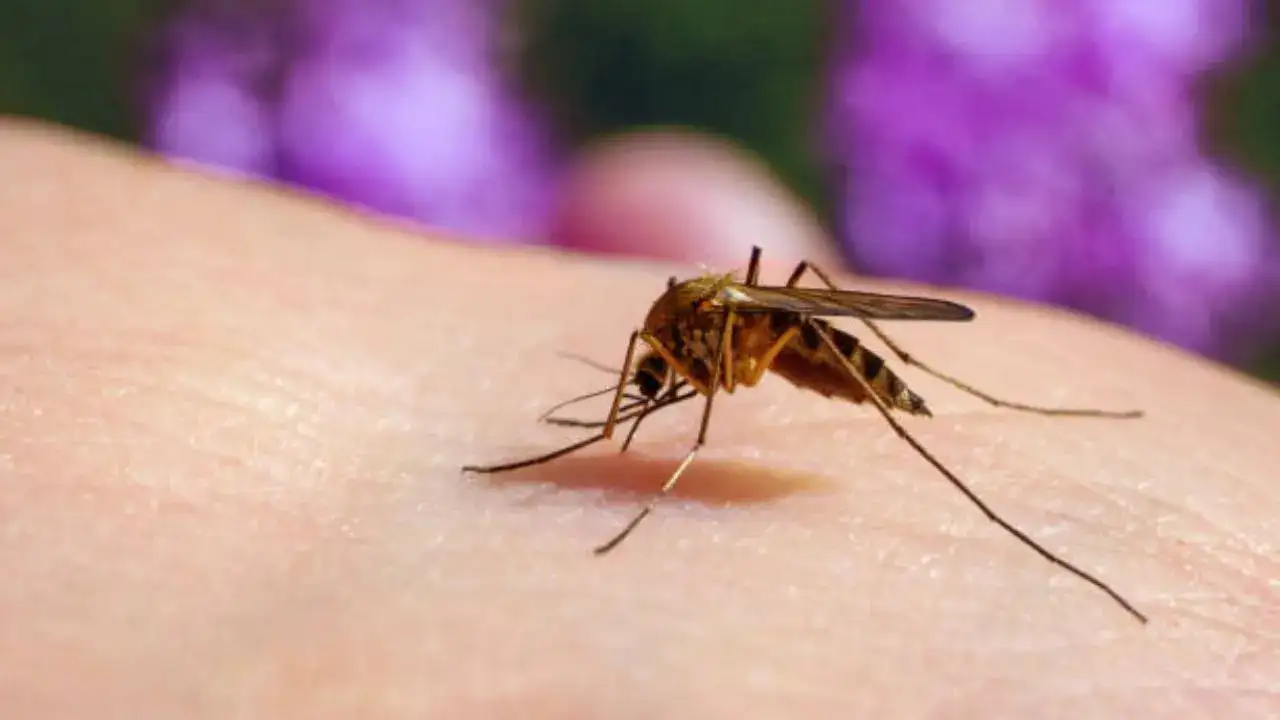
Mosquitoes get attracted to certain compounds that are present in your body
Many people claim to be bitten by mosquitoes more than others. Are you among them? If you are a mosquito magnet, it is because you have more of what attracts the pesky insects. According to studies, 20 per cent of people are particularly irresistible to these pests. Mosquitoes may bite you more for many reasons.
What attracts mosquitoes to you?
A variety of factors behind this include:
Blood group
According to experts, mosquitoes find some blood groups more desirable than others. Most prefer type O – and experts believe that their preferences vary by species:
Type O
The Asian tiger mosquito, or Aedes albopictus, prefers this blood type.
Type AB
This attracts the marsh mosquito, or Anopheles gambiae.
Apart from that, more than 80 per cent of people produce a secretion through their skin signalling their blood type. Mosquitoes may bite these people more than others, regardless of blood type.
Carbon dioxide
All humans emit carbon dioxide when they breathe out and are active, especially during workouts and exercise. Mosquitoes detect changes in carbon dioxide in their environment. According to studies, an increase in carbon dioxide alerts a mosquito that a potential host is nearby.
Doctors say carbon monoxide concentration is highest near your nose and mouth.
Body heat
Female mosquitoes can detect body heat and use it to target and bite you. Experts say female mosquitoes discriminate between heat sources and aim for the warmest body, regardless of its size.
Body odour
Mosquitoes also get attracted to certain compounds that are present in sweat, which give out a certain odour, eventually drawing them close to you.
Experts say these compounds include lactic acid and ammonia. According to scientists, there are various reasons people have different body odours that include genes and certain bacteria present on the skin.
People with different kinds of microbes on the skin are said to be less attractive to mosquitoes. A Harvard-led study opines that mosquitoes are most attracted to smells from the hands of identical twins.
Diet
It is a joke that what you eat makes you a tastier meal for mosquitoes. However, it is also true that those who love eating more salty, spicy, or potassium-rich foods attract a lot of mosquitoes.
The University of Wisconsin in its research identified one food that fits this phenomenon - bananas. If you eat lots of bananas, you may be bitten by mosquitoes and bugs a lot more than others.
Alcohol
Research says alcohol consumption is attractive to mosquitoes. Scientists say those who consume beer are more attractive to mosquitoes than people who do not.
Pregnancy
According to studies, mosquitoes appear to be more attracted to pregnant women than those who are not. It can be due to the fact that pregnant women have a high body temperature and exhale more carbon dioxide.
How to prevent mosquito bites?
While mosquitos are annoying, they are dangerous too, as they can transmit life-threatening diseases. From malaria to West Nile, dengue, and Zika viruses, it is important to protect yourself from all sorts of illnesses they spread. However, you can minimise your risk of mosquito bites by reducing the number of insects in your yard and protecting your body when outdoors. Follow a few tips like:
Always cover your skin
During the months when mosquitoes get active, it is important to choose lighter-coloured clothing so you do not attract mosquitoes' attention. Also, make sure to wear clothes that cover as much skin as possible.
Keep them out
- Change the water in fountains and bird baths at least once a week.
- Clean the gutters on the roof to keep water flowing.
- Keep your lawn clipped short and plant vegetation that repels insects, such as lavender, mint, basil, and marigold.
Avoid peak biting times
Mosquitoes are most active at dusk and dawn. And so, keep away from areas that are likely to host mosquitos during these times.
Use repellents
Insect repellants can be an effective way to prevent mosquito bites. However, for safety, make sure the product is safe by checking the label for approval from the Environmental Protection Agency (EPA).
Get Latest News Live on Times Now along with Breaking News and Top Headlines from Health and around the world.
